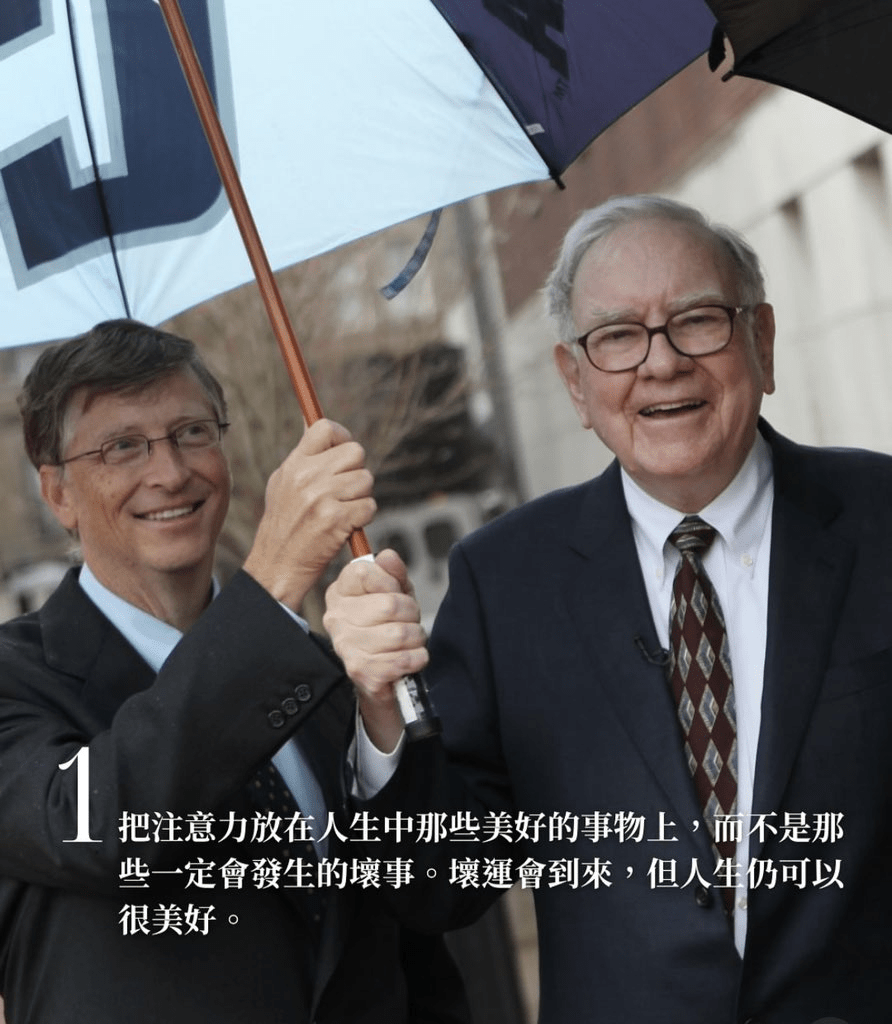Sixty years of legend is about to come to an end, but wisdom never fades.
“In the words of the British, I am going to 'quietly resign'.”
On November 10, 95-year-old Warren Buffett used this understated remark to mark the end of his legendary six-decade tenure at Berkshire. When this letter, known as the 'last letter', was published, the global investment community held its breath to read it carefully—this was not only a farewell from an investment master but also a complete presentation of a business philosophy.
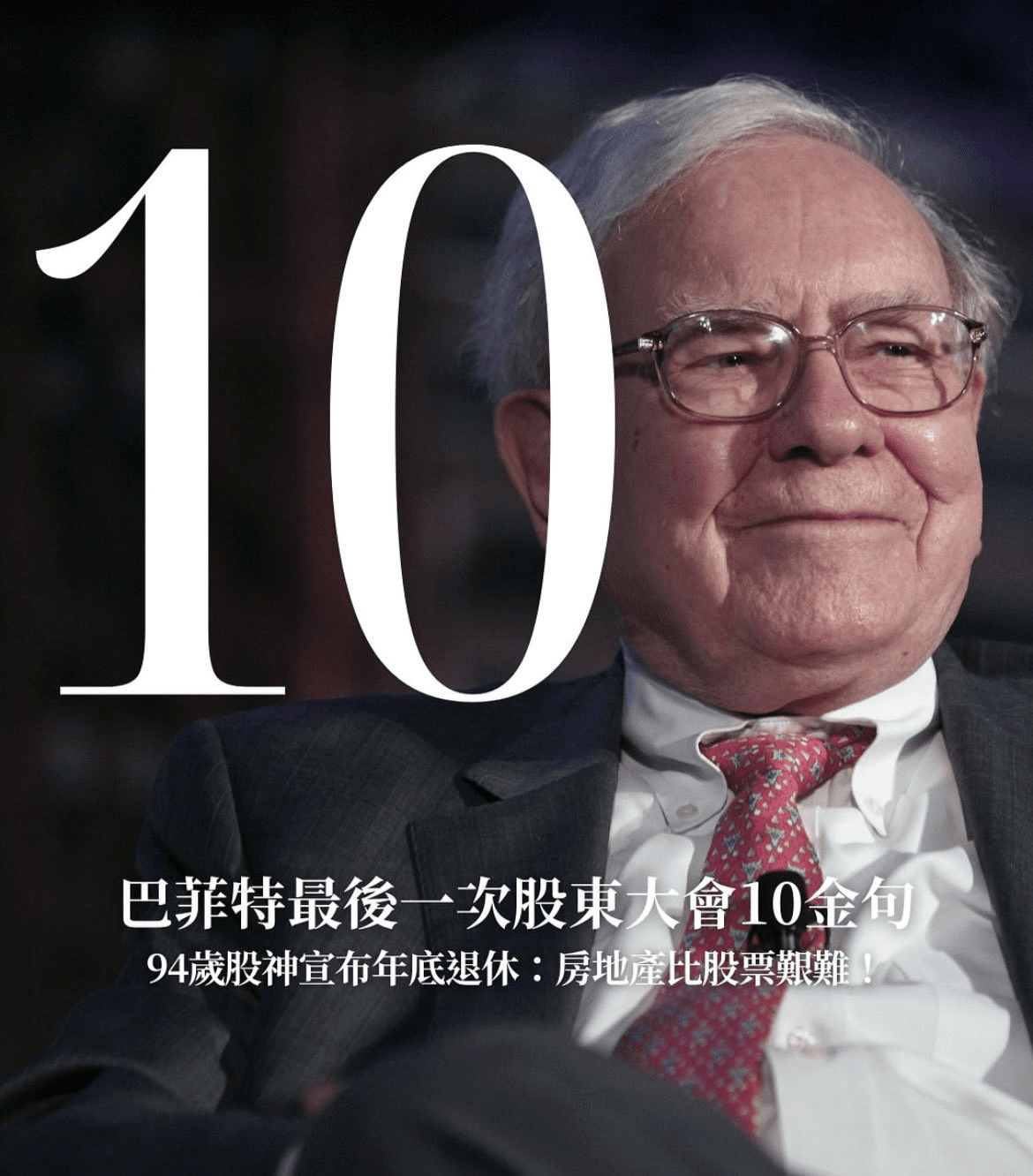
01 The Ultimate Handover: The Wisdom Legacy of an Era
“Greg Abel will take over as CEO at the end of the year. He is an outstanding manager, an tireless worker, and an honest communicator.”
Behind Buffett's choices is his deep contemplation on the sustainable development of enterprises. In the details of the letter, he reveals a key message: “I hope to retain a significant number of Class A shares until Berkshire's shareholders have built the trust that Charlie and I have developed over the long term.”
The establishment of this trust takes time, but Buffett believes it won't take long. “My children and the directors of Berkshire fully support Greg.” Behind this statement is a carefully laid-out plan over many years.
Buffett's requirements for his successors reflect his most fundamental business philosophy: “Berkshire should especially avoid hiring CEOs who expect to retire at 65, desire to become ‘notably rich,’ or attempt to create a ‘dynasty.’”
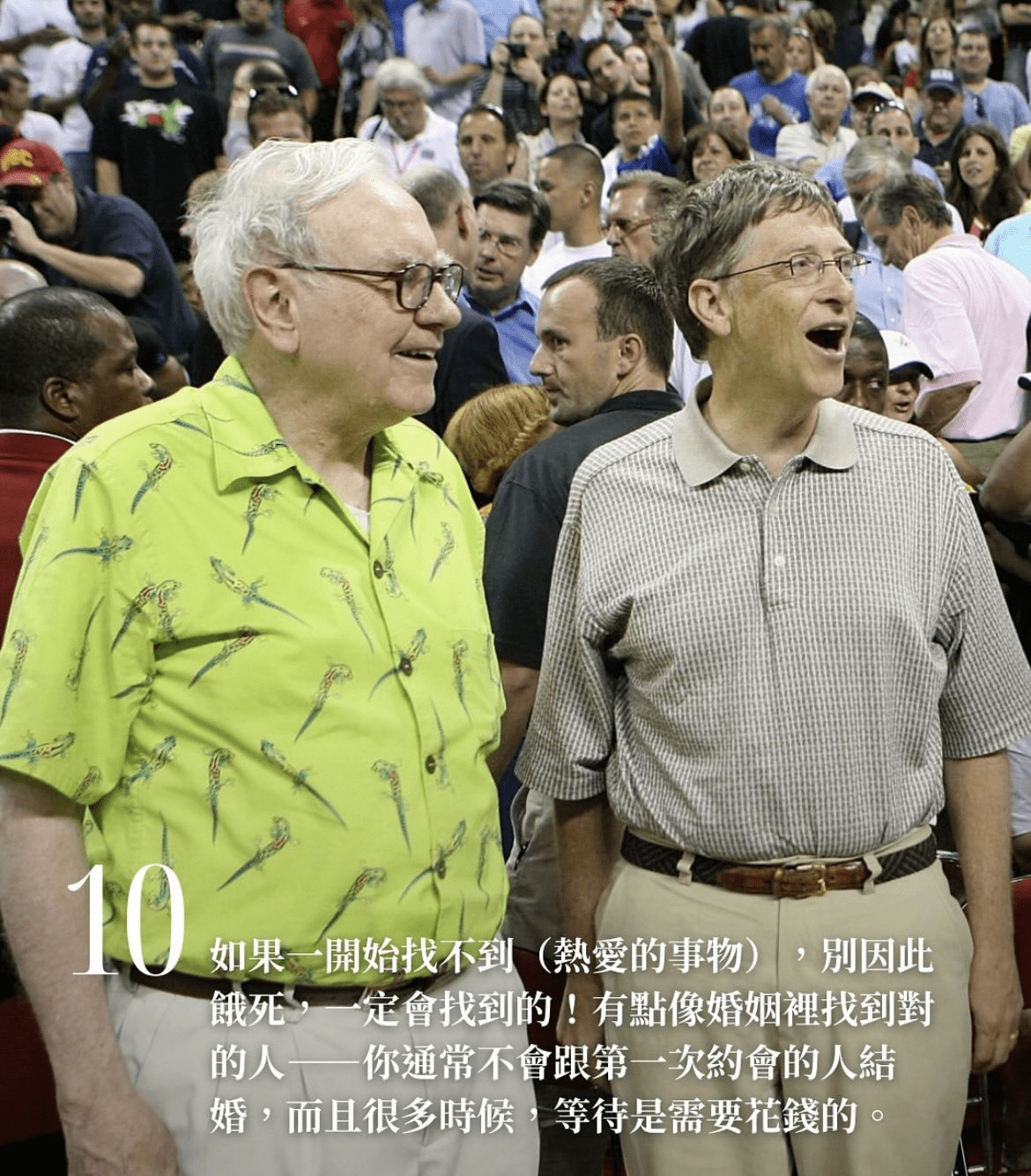
02 The Spirit of Omaha: The Victory of Simple Values
In the dozens of pages of the letter, Buffett devoted an astonishing amount of space to recalling his growth experiences in Omaha. This arrangement is no coincidence—he is showing readers the geographical and cultural codes behind his success.
“In 1938, I had a sudden severe abdominal pain. After Dr. Hots came to treat me, he told me I would feel better by the next morning.” Buffett recalled, “However, late that night, he arranged for me to have an emergency appendectomy at St. Catherine's Hospital—this saved my life.”
Omaha is not only his place of salvation but also the cradle of his lifetime wisdom. Charlie Munger, Don Keoh, Walter Scott... those who profoundly influenced Buffett and Berkshire have lived in Omaha, forming a unique ecosystem of wisdom.
“Looking back, I believe that whether it is Berkshire or myself, the achievements we have today are due to being headquartered in Omaha—if I had lived anywhere else, such development would not have been possible.”
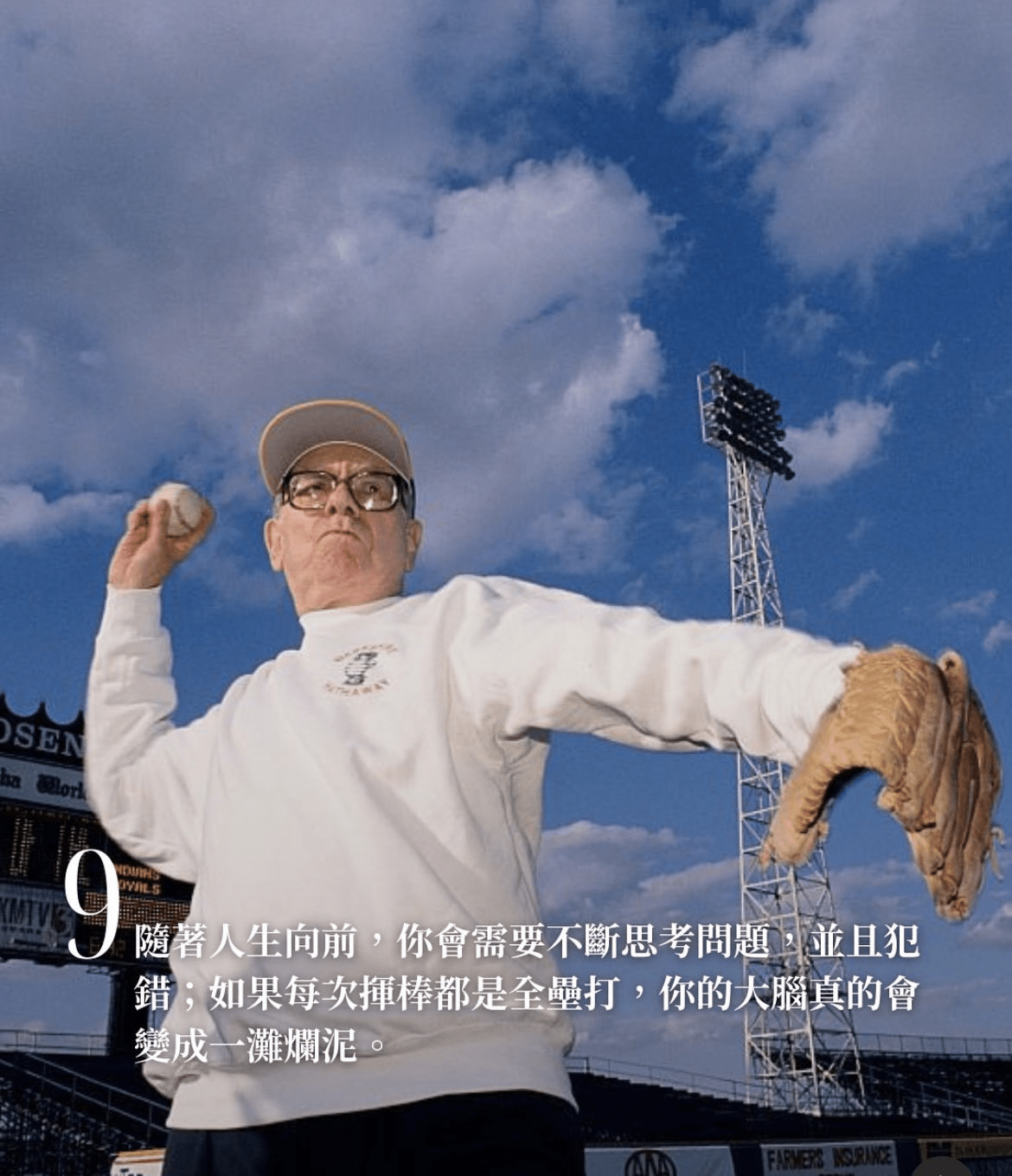
03 Corporate Governance: Designing Systems to Face Human Nature
In the most critical part of the letter, Buffett directly points out the systemic flaws in the corporate world, and his analysis demonstrates a profound understanding of human weaknesses.
“What troubles very wealthy CEOs is often that other CEOs become even wealthier,” he pointedly stated, “Jealousy and greed go hand in hand.”
This keen observation comes from his years of personal experience. Buffett reveals a harsh reality: the intention behind executive compensation disclosure requirements is to promote fairness, but the result is counterproductive.
“The CEO of Company A, after seeing the compensation of Company B's CEO, cleverly hints to the board that he should receive higher compensation. Of course, he will also raise the pay for the directors and carefully select the members of the compensation committee.”
What is even more thought-provoking is the solution he proposed: “Directors should remain vigilant and be brave to speak out.” This simple statement unveils the core elements of effective corporate governance.
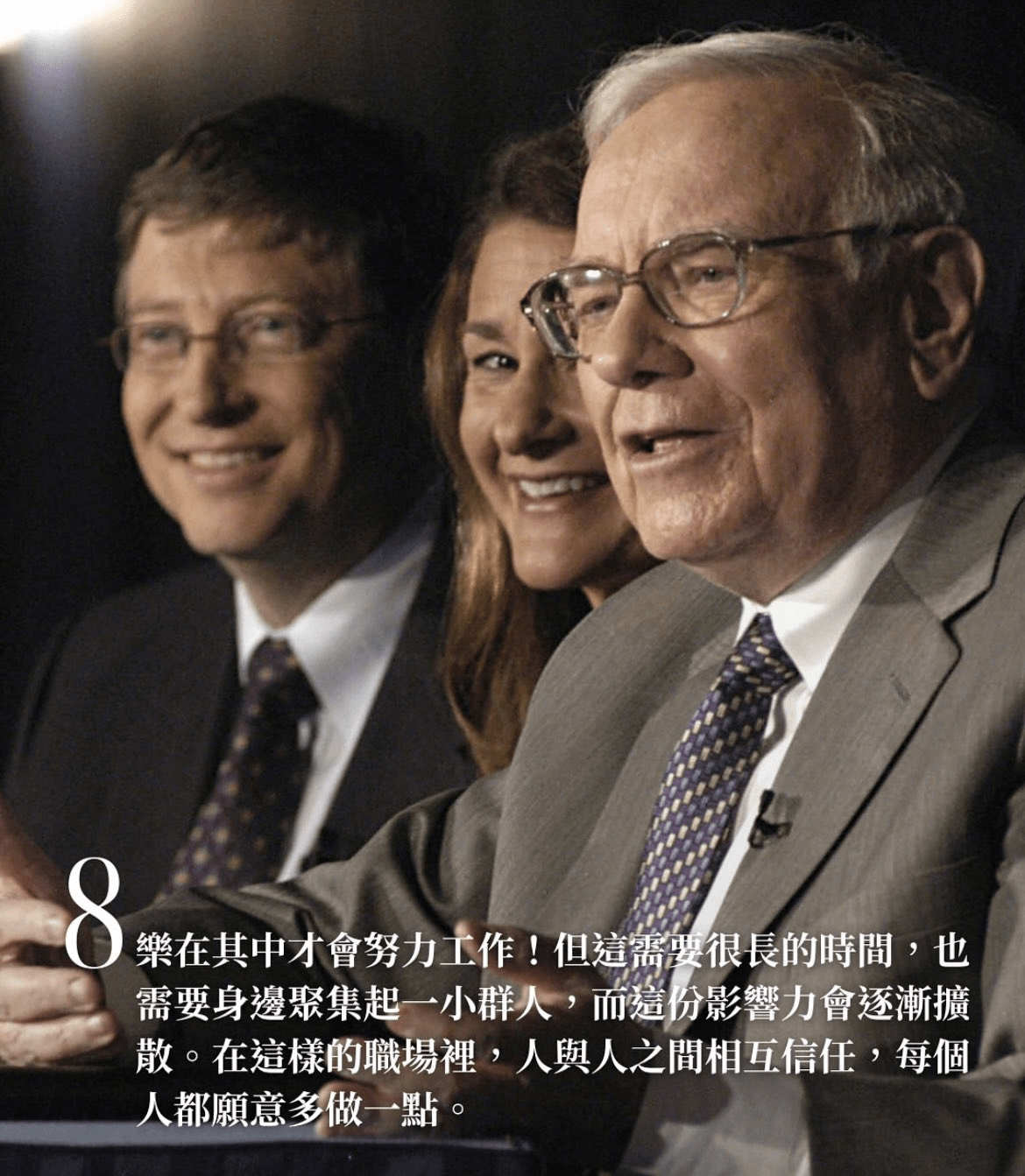
04 Philosophy of Time: Life Insights from a 95-Year-Old Sage
Facing his old age, Buffett demonstrates his usual humor and wisdom, and these personal insights actually contain profound investment and life wisdom.
“My genes are not particularly exceptional—the longest lifespan recorded in my family history was 92 years.” He quipped, “However, I no longer have the nurses collecting my fingerprints. At 95, one can do quirky things at will, but everything has its limits.”
He candidly admits that longevity requires “a great deal of luck,” but more importantly, it is realizing that “Lady Luck is unpredictable and extremely unfair.”
This most successful investor in the world particularly emphasizes the randomness of luck: “Many times, our leaders and the wealthy receive luck far beyond what they deserve, and these beneficiaries often do not want to acknowledge this.” This profound understanding of randomness may be the psychological foundation of his investment philosophy.
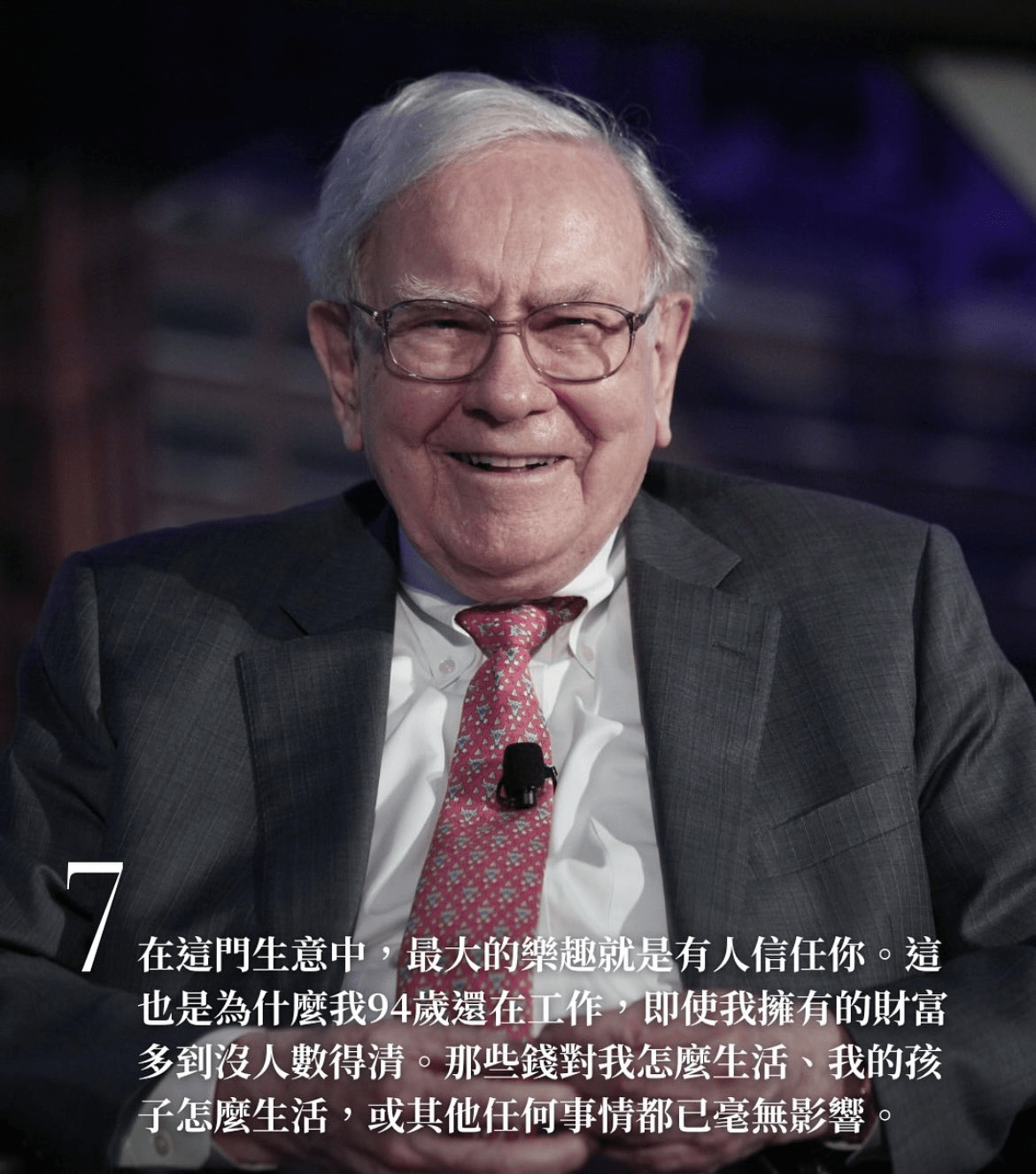
05 The Ultimate Meaning of Wealth: From Accumulation to Contribution
At the end of the letter, Buffett returns to the most fundamental values, completing his transformation from wealth accumulator to wisdom transmitter.
“Greatness does not come from accumulating vast wealth, gaining extensive exposure, or wielding government power. When you help others in any of a thousand ways, you are contributing to this world.”
He emphasizes: “Remember, the janitor and the chairman are equal.” This statement comes from a CEO who manages a hundred billion dollar empire and is particularly precious in today's world of increasing wealth disparity.
Regarding the disposal of his massive wealth, he displays an incredible nonchalance: “I can never reach the status their mother holds in their hearts.” This statement reveals not only paternal love but also a profound family value transmission.
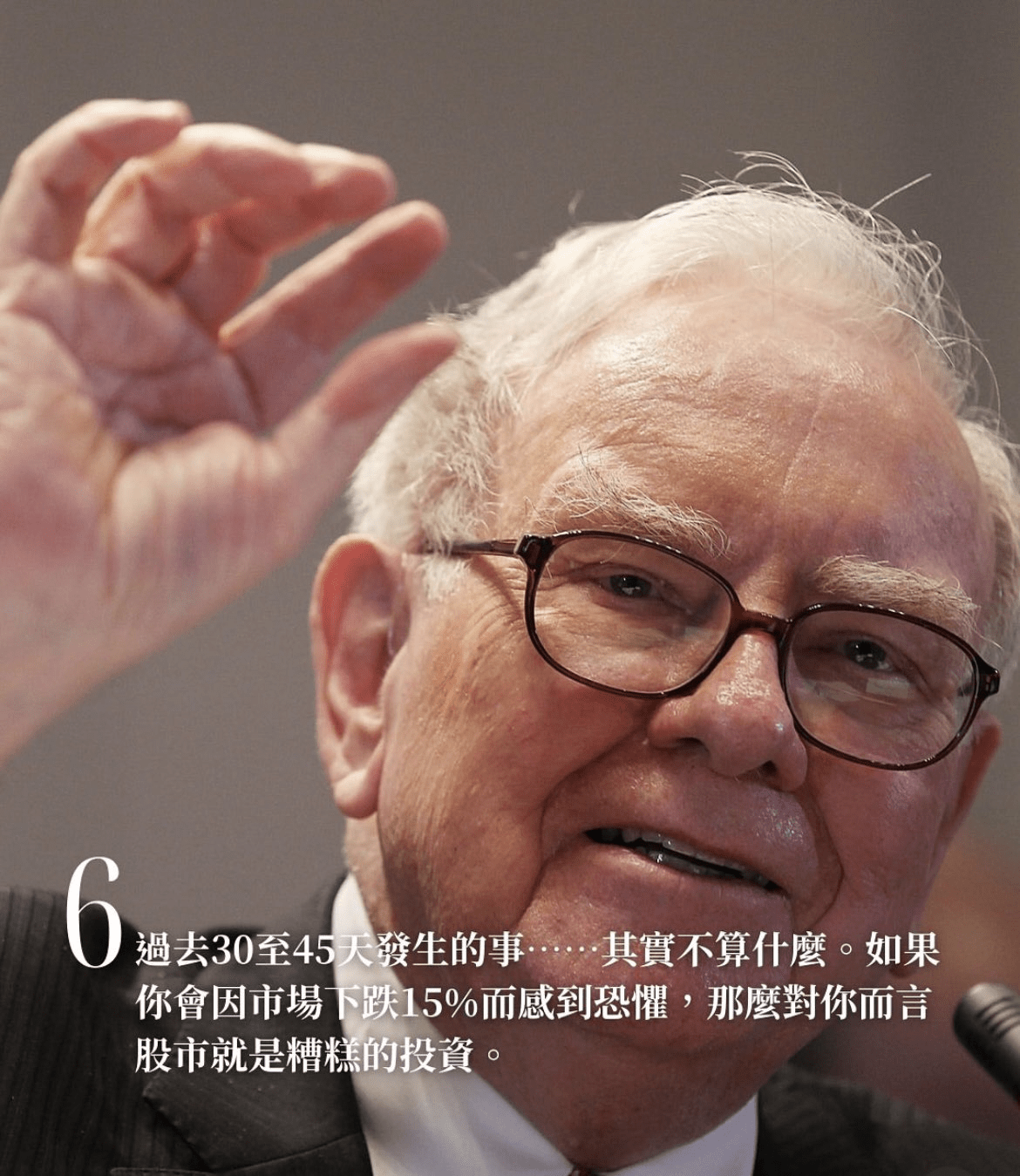
06 Final Advice: The Philosophy of Imperfect Progress
At the end of the letter, Buffett provides perhaps his last piece of advice: “Don't blame yourself for past mistakes—at least learn something from them and then move on.”
This seemingly simple statement summarizes the essence of his sixty years of investment. In investing, he never chases the perfect timing but continually improves the quality of decision-making; in life, he accepts his imperfections but always looks forward.
“Carefully choose your role models and then imitate them. You will never be perfect, but you can always get better.” This statement reflects both his message to the youth and a summary of his own life.
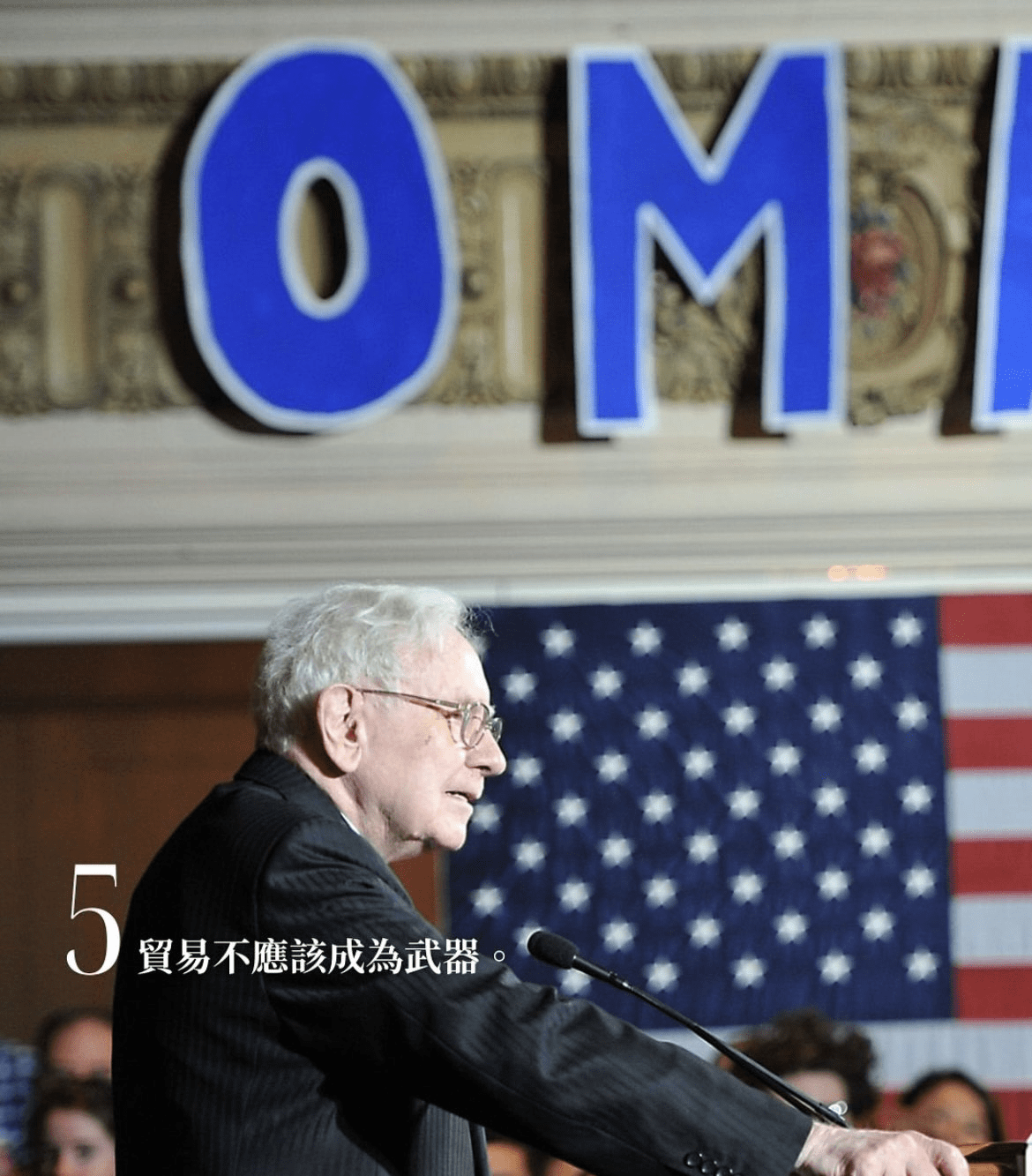
Berkshire's stock price will continue to fluctuate, and new investment geniuses will emerge in the market, but the Buffett who insists on working five days a week, loves drinking cola, and lives in an old house in Omaha is about to “return to silence.”
His departure marks the end of an era, but the rational investment, long-term thinking, simple values, and philosophy of continuous improvement he advocates will continue to influence generations of investors.
In this financial market filled with short-term noise, Buffett has proven over sixty years: true wisdom lies not in predicting the next market fluctuation, but in understanding the essence of value and consistently adhering to that understanding throughout one's career.
As he said, “When balance, vision, hearing, and memory are all continuously declining, you know that Father Time is drawing near.” Yet even so, “It is never too late to improve”—this is perhaps the last and most precious gift Buffett leaves to the world at 95.
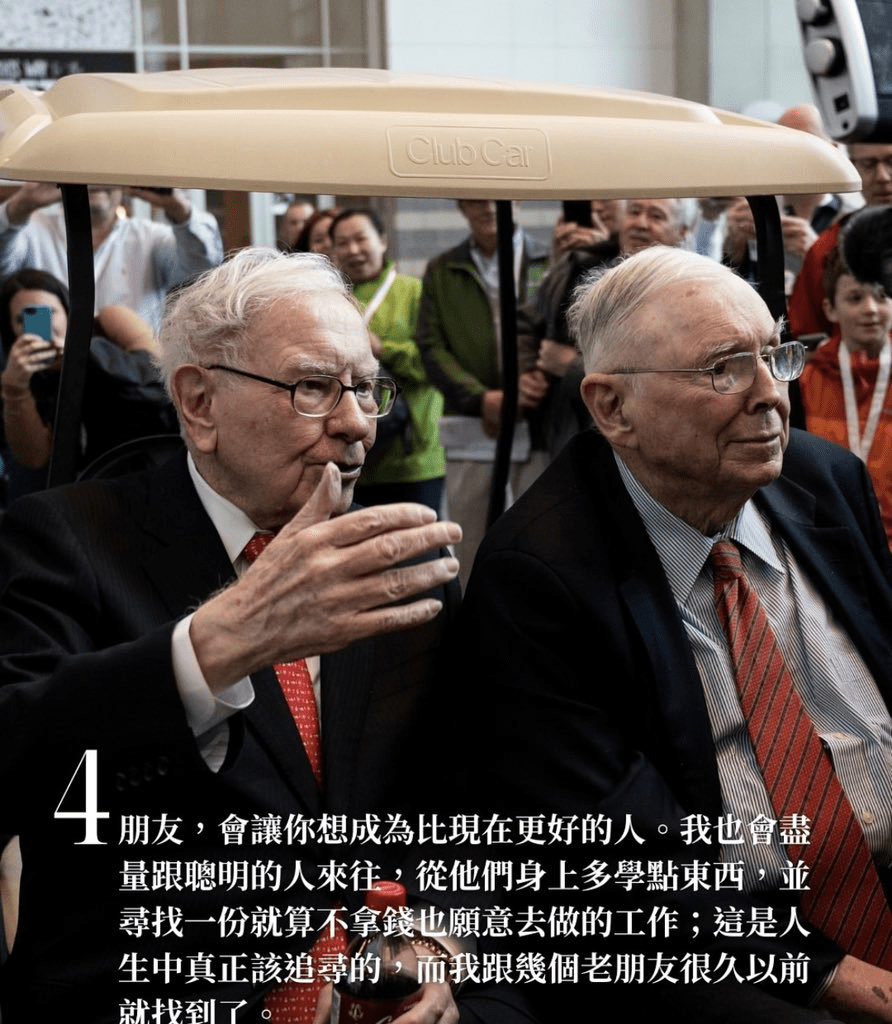
💎 【Easter Egg】Essence of Buffett's Wisdom: Classic Quotes and the Final Letter
1. Timeless Quotes: Investment Wisdom Across Cycles
On market cycles
“I am fearful when others are greedy, and greedy when others are fearful.”
“Only when the tide goes out do you discover who has been swimming naked.”
“The market is like God, helping those who help themselves. But unlike God, it does not forgive those who do not know what they are doing.”
On value investing
“If you aren't willing to own a stock for ten years, don't even think about owning it for ten minutes.”
“Price is what you pay, value is what you get.”
“We only choose to jump over the low bar of one foot, avoiding the challenge of the high bar of seven feet.”
On business selection
“Truly great companies must have a moat.”
“Time is a friend of good companies and an enemy of bad companies.”
“When an excellent management team meets a sunset industry, the industry's reputation often remains intact.”
On life philosophy
“The best investment is in yourself.”
“You will never be perfect, but you can always get better.”
“The chain of habit is always light enough to not be noticed until it breaks.”
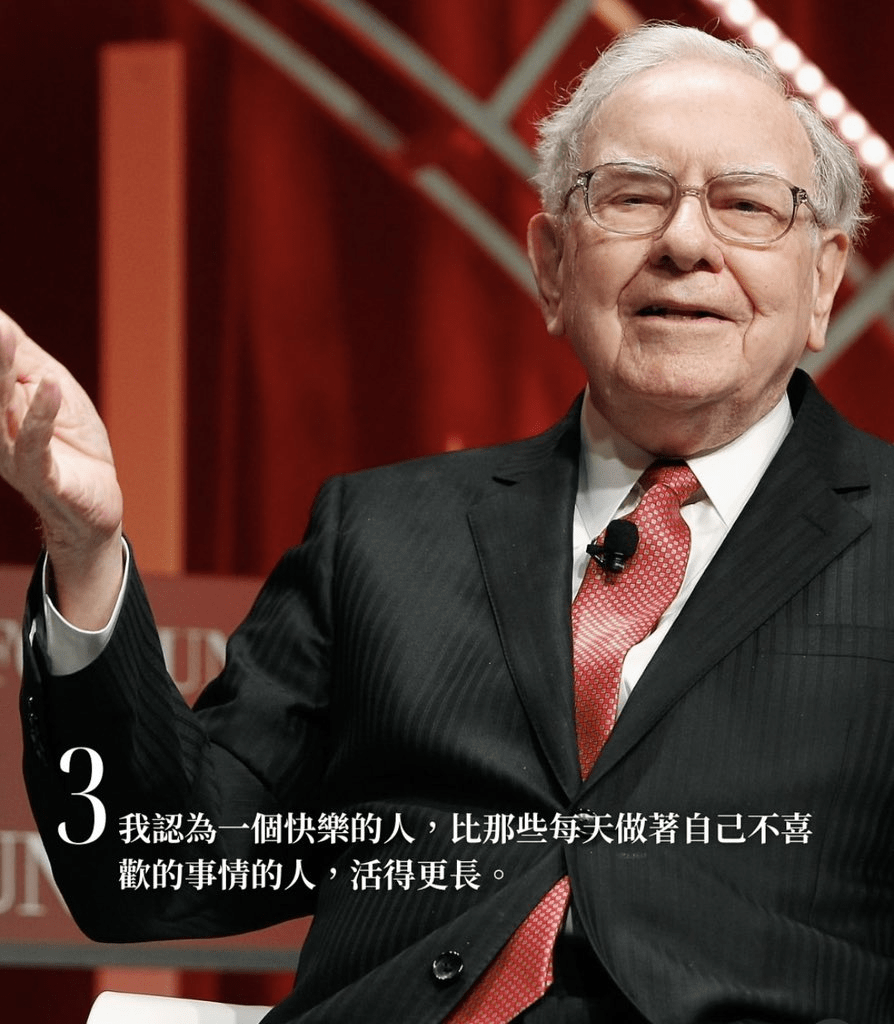
2. The Final Letter: The Farewell Words of a 95-Year-Old Sage (Selection)
In the 2025 'final letter' to shareholders, Buffett, with his signature humility and humor, reflects on life, looks to the future, and leaves profound business insights. Here are some excerpts from the original text:
Starting the farewell, sending messages for the future
“I will no longer write Berkshire's annual report and will not give long speeches at the annual shareholders' meeting. As the British say, I want to 'quietly resign.' Sort of.
Greg Abel will take over as CEO by the end of the year. He is an outstanding manager, tireless worker, and an honest communicator. May his tenure be long.”
Gratitude for my hometown Omaha
“Looking back, I believe that whether it is Berkshire or myself, the achievements we have today are due to being headquartered in Omaha—if I had lived anywhere else, such development would not have been possible.
The Midwest of America is an excellent place to be born, raise a family, and start a business. By sheer luck, I drew an incredibly lucky lot at birth.”
Straightforwardly addressing corporate governance issues
“What troubles very wealthy CEOs is often that other CEOs become even wealthier. Jealousy and greed go hand in hand.
The new rules provoke jealousy rather than restraint. This spiral of rising compensation is escalating... which advisor would suggest significantly reducing the salaries of CEOs or directors?”
Talking about aging, luck, and legacy
“Lady Luck is unpredictable and extremely unfair. Many times, our leaders and the wealthy receive luck far beyond what they deserve.
I was born in 1930, healthy, reasonably intelligent, a white male, and born in America. Wow! Thank you, Lady Luck, for your favor. My sisters are as smart as I am, and their character is even better than mine, but the life prospects they face are entirely different.”
Final advice: How to live a life
“Think carefully about what you want your obituary to say and then strive for it through your actions in life.
Greatness does not come from accumulating vast wealth, gaining extensive exposure, or wielding government power. When you help others in any of a thousand ways, you are contributing to this world.
Carefully choose your role models and then imitate them. You will never be perfect, but you can always get better.”
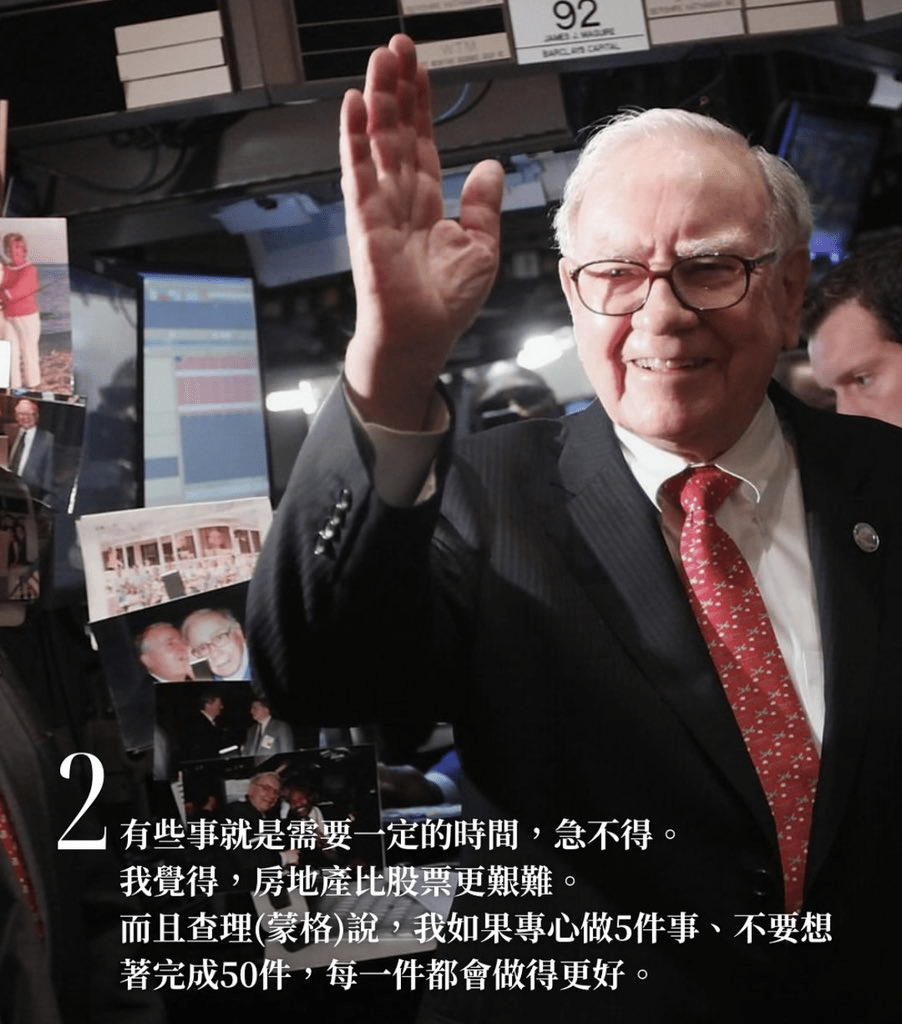
Conclusion: Buffett's wisdom lies not only in how he makes money but also in how he understands the world, defines success, and finds peace within himself. As he said, “Kindness costs nothing, yet is worth everything.” This may be the most precious gift he leaves to the world.
